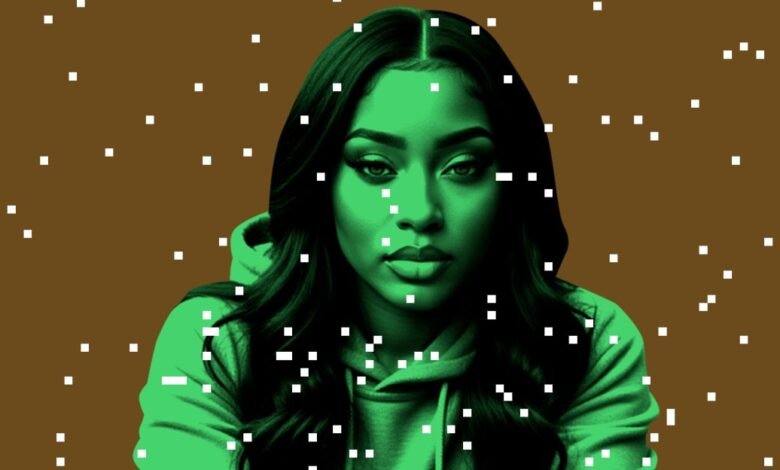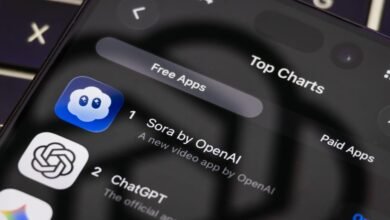AI-Generated Artist’s Record Deal Sparks Copyright Chaos

▼ Summary
– Hallwood Media signed a record deal with Telisha “Nikki” Jones for the AI-generated artist Xania Monet, whose music and likeness are created with AI.
– Current copyright law is unsettled but generally only protects human-made elements, which in this case appear to be limited to Jones’s lyrics, not the AI-generated music or vocals.
– The AI music generator Suno, used to create the music, is currently being sued by major record labels for alleged copyright infringement related to its training data.
– A key challenge is that without strong copyright protection for the AI-generated components, the commercial value and enforceability of the product are significantly undermined.
– Experts describe this situation as part of a cultural and technological shift where the law is lagging behind, creating a period of uncertainty for AI-generated content.
A recent multi-million dollar record deal for an entirely AI-generated musical artist has ignited a fierce debate over copyright law and the very nature of artistic ownership. The signing of Telisha “Nikki” Jones, the creator behind the virtual R&B singer Xania Monet, by Hallwood Media signals a potential cultural shift, yet it plunges the music industry into a profound legal gray area where current copyright protections are struggling to keep pace with technological innovation.
While Monet’s songs have garnered millions of streams on Spotify and her Instagram Reels attract significant views, her existence is a digital fabrication. Her likeness, vocals, and the musical compositions themselves were created using the AI music generator Suno. This fact places the entire deal on shaky legal ground. Copyright experts emphasize that under existing U.S. guidelines, only human-authored elements of a work are eligible for copyright protection. In this case, that appears to be limited solely to the lyrics written by Jones. The music, vocals, and overall sound recording, if generated autonomously by AI, likely fall into the public domain, meaning anyone could theoretically use them without permission.
This raises a critical question for Hallwood Media: what exactly are they purchasing? A savvy buyer might wonder why they should pay for something that lacks enforceable copyright, a point underscored by Kevin Madigan of the Copyright Alliance, who posed the blunt question: “Well, why am I paying you for this, if you have no claim in the copyright?” Without a copyright registration, the company would have little legal recourse if another entity used Monet’s AI-generated music in a commercial or film. Public records from the U.S. Copyright Office show no existing registrations for either Jones or the Monet persona.
The situation is further complicated by the ongoing lawsuit against Suno by major record labels, which alleges the platform was trained on copyrighted music “en masse” without permission. Jones’s manager, Romel Murphy, acknowledges that other labels withdrew their interest upon learning Suno was involved. Murphy defends the use of AI as merely another tool for artists, comparable to autotune. However, music industry professor George Howard calls this a “spurious comparison,” arguing that the core issue is the unprecedented scale and method of using copyrighted data to train AI models.
The U.S. Copyright Office has been clear that prompting an AI system does not constitute human authorship of the resulting output. While over a thousand works have been partially registered by claiming the human-contributed elements, the core AI-generated content remains unprotected. We are currently in an era of deeply unsettled law. As Professor Howard notes, technology is advancing faster than legislation can adapt, creating a significant lag. Congress is beginning to address these concerns, with new bills proposed to allow copyright holders to inspect AI training data, but a definitive legal framework is still on the horizon. This record deal is a high-stakes experiment happening at the frontier of art, commerce, and intellectual property law.
(Source: The Verge)

